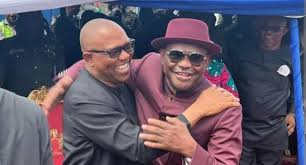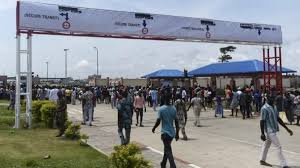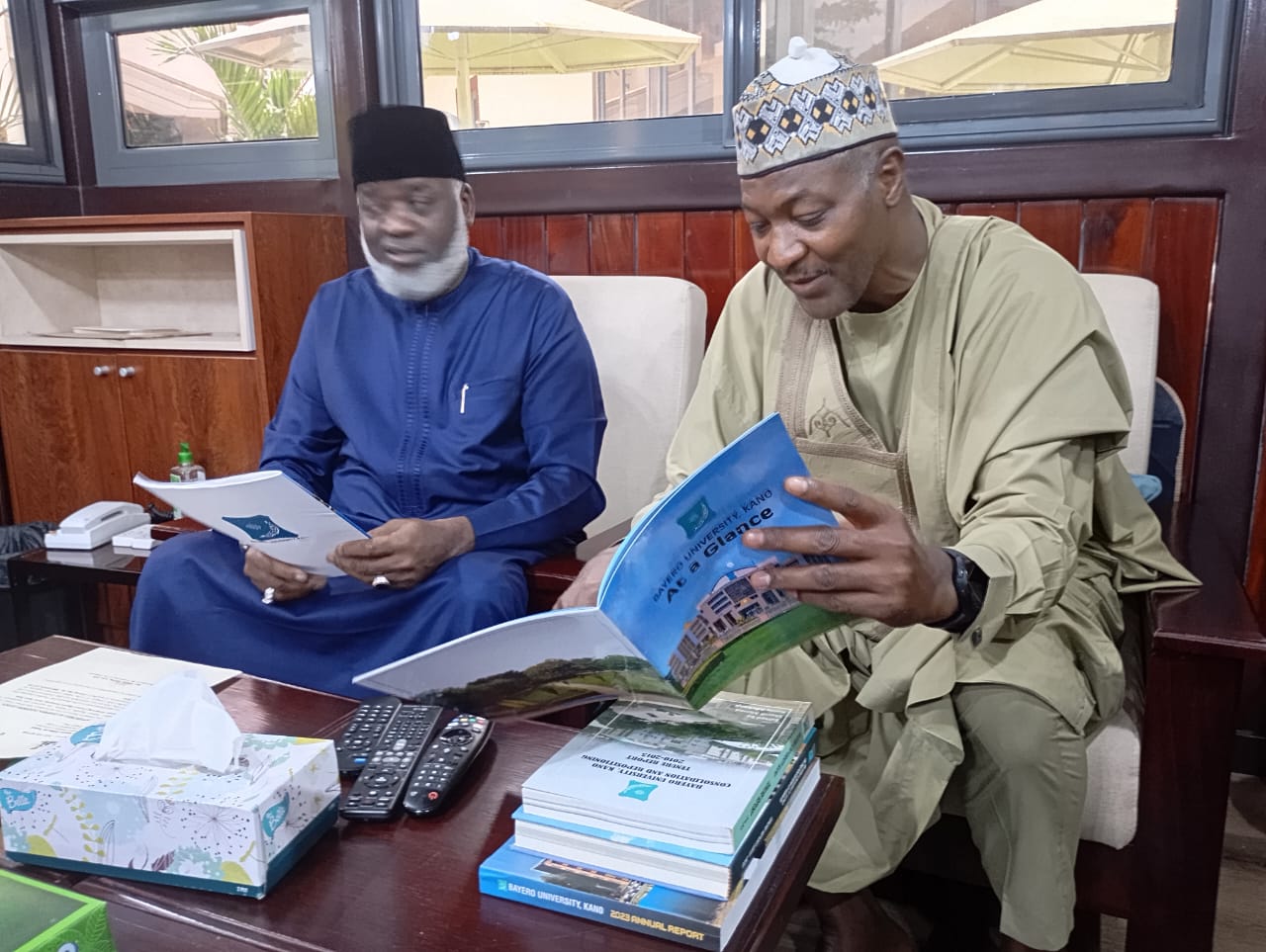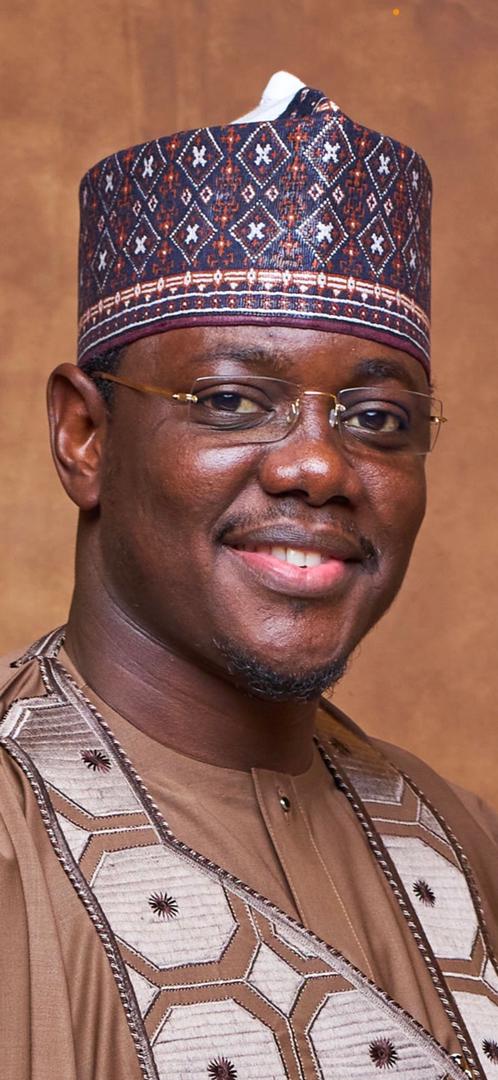By Ehichioya Ezomon
In closing the first instalment of this analysis on November 21, two questions sprouted as regards the political romance between Rivers State Governor Nyesom Wike and Labour Party presidential candidate, Peter Obi.
They’re: Can Wike level (be straightforward, sincere or truthful) with Obi about his promise of logistics support to the Obi-Datti campaign in Rivers? Is the gesture the game-changer that Obi needs to advance his aspiration at this critical stage on the road to 2023?
In probing the first question, it’s apt to ask: Is Wike’s promise to provide logistics support to Obi’s campaign in Rivers equivalent to assisting him to secure the votes to win the presidential poll in the state next February?
This poser is germane, as Wike’s also pledged “logistics support” for the New Nigeria Peoples Party presidential candidate, Rabiu Musa Kwankwaso, who’s in Port Harcourt on November 21, to inaugurate a road project.
Quizzical is Wike’s rationale for extending logistics support to Obi and Kwankwaso: “Obi is a former governor, a presidential candidate, and a very humble man.”
As for Kwankwaso, “He is a former governor of Kano State, a presidential candidate, a man of integrity and one among the (kind of) leaders that Nigeria needs.”
Wike would on November 18 clarify his offer to Obi on November 17 – in apparent response to the interpretation given to the promise as an electoral backing for Obi.
“I have no regret in saying I will support Obi with logistics,” Wike said in Port Harcourt. “He (Obi) is a former governor, and if he is coming to campaign here, I will give him logistics support. I will give him vehicles, and security; I must give him logistics support.”
Stripped of any ambiguity, Wike’s gesture is unlikely the game-changer that Obi needs to move forward his aspiration for 2023, as Wike even told him there’re no vacant political offices for any other party in Rivers.
Wike’s words: “I told him (Obi) yesterday that his party will not get even one position in Rivers, not House of Assembly; there is no other party in Rivers. The only party we have here is PDP, Rivers State chapter.”
This is despite Obi’s pleading with Wike to allow him (and the LP) to claim the presidency in Rivers, while Wike would produce the next governor on the platform of the PDP.
“I’m kneeling down and begging (you), take this one (governorship), and give me this one (presidency),” Obi urged Wike, promising he’d use the presidency to “make sure Rivers State becomes better and better.”
Obi also proclaimed the PDP candidate, Siminialayi Fubara, as “the incoming Governor” – to demonstrate LP’s willingness to trade off the governorship seat in 2023.
What Obi advocates is “Split-ticket voting,” which Wikipedia explains as, “when a voter in an election votes for candidates from different political parties when multiple offices are being decided by a single election.”
This differs from a straight-ticket voting, “where a voter chooses candidates from the same political party for every office up for election.”
Split-ticket voting isn’t a commonplace practice in Nigeria, except in a few instances, remarkably the 2003 polls that left sour experiences for some politicians.
The 2003 General Election in the South-West of Nigeria was like a “palace coup” – plotted and executed by former President Olusegun Obasanjo, a retired General and former military Head of State.
Thrust on the scene soon after his release from detention over a phantom coup plot, Obasanjo had practically no political base in the South-West, but he won the 1999 presidency under the Peoples Democratic Party.
To avoid a repeat of low votes he’d scored in the zone in 1999, Obasanjo solicited support of the six Alliance for Democracy state governors, to mobilise votes for him in 2003, pledging to allow them an unfettered re-election.
A wily Dr Obasanjo had calculated that the voters in the South-West would vote for the PDP in the down ballots, especially the governorship if they voted for him during the presidential election that held about two weeks prior.
And true to his permutations, all five of six South-West governors – except Bola Ahmed Tinubu – that worked for Obasanjo to receive hefty votes, lost their re-election, as the electorate voted for the PDP in the down-ballots.
So, the political ramifications of split-ticket voting in the South-West in 2003 maybe one of the major reasons that members of the PDP “Integrity Group” of five governors and many chieftains haven’t dumped the party.
Besides Atiku and his running mate, Delta State Governor Ifeanyi Okowa, can the aggrieved PDP members, led by Wike, trust any other political party’s candidate to keep to terms of a split-ticket agreement in the 2023 polls?
That’s why the group members – despite their obvious bravado – have stated, again and again, that they’re not leaving the PDP, and are “open to reconciliation.”
Of course, only on the basis of their demand that the PDP National Chairman Iyorcha Ayu resigns to pave way for a party official from the South to hold the position!
But that seems a tall order, as Ayu’s rebuffed the ask, leaving the group to hold strategy meetings at different locations, so as not to lose face, and the presidential slot and the down ballots to an opposition party.
The five governors (PDP-G5) are consolidating for 2023 by jointly launching campaigns in the states they control, absent PDP’s leadership and the Atiku-Okowa campaign.
This is Obi’s dilemma – and any other candidates priming for split-ticket votes in 2023! It’s an issue of trust, which’s a scarce commodity among politicians.
Can Wike trust Obi to keep to the bargain after securing the presidential votes in Rivers on February 25, 2023? Will Obi renege, as the tactical Obasanjo did to the South-West AD governors in 2003 that literally ended their political career? Who would want to travel that route exactly 20 years after? Certainly not Wike and his Integrity Group!
But don’t count Obi out yet, mostly as the optimism for reconciling the PDP factions seems to recede further each day, even as the countdown to 2023 shortens per second.
With their demand unmet, leaders of the Integrity Group could take a calculated risk and adopt the Obi-Datti ticket as theirs for their supporters and followers to vote for!
Mr Ezomon, Journalist and Media Consultant, writes from Lagos, Nigeria_ .





